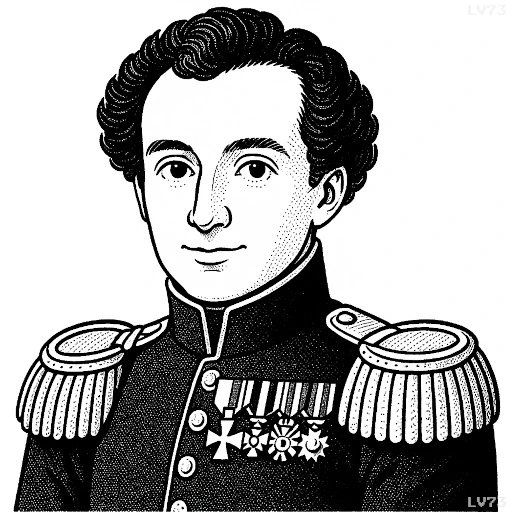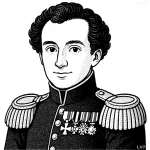“Politics is the womb in which war develops.”

- July 1, 1780 – November 16, 1831
- Born in the Kingdom of Prussia (now Germany)
- Military officer and military theorist
table of contents
Quote
“Politics is the womb in which war develops.”
Explanation
Clausewitz’s statement encapsulates his view that war does not exist in a vacuum but is deeply rooted in the political realm. War, in his framework, is not an isolated event but a continuation of politics by other means. Politics, with its complex web of national interests, ideologies, and diplomatic tensions, often creates the conditions that lead to war. In this metaphor, politics is the “womb”—the environment in which the seeds of conflict are sown. Political disputes, rivalries, and unresolved issues can give rise to military conflict when diplomacy, negotiation, or economic pressures fail. Therefore, understanding the political context is essential to understanding why wars break out in the first place.
Clausewitz’s insight is borne out by numerous historical examples. The First World War can be seen as a direct result of complex political alliances, nationalist movements, and imperial ambitions. The political instability and competition among European powers created an environment where war became not only possible but inevitable. Similarly, the Cold War rivalry between the U.S. and the Soviet Union, rooted in ideological conflict, led to numerous proxy wars, from Korea to Vietnam to Afghanistan. In these cases, war was not a spontaneous or random event but a political escalation driven by competing national goals, fears, and ambitions.
This idea also resonates with modern conflicts, where wars often arise from political tensions between states or within states. For example, Russia’s invasion of Ukraine in 2022 can be viewed as an extension of Russia’s political goals—to exert control over its sphere of influence and resist what it perceives as encroachment by the West. Political grievances, such as territorial disputes, power struggles, and the desire for regional dominance, often lead to military actions. Clausewitz’s metaphor serves as a reminder that war is not a random or purely military phenomenon, but the result of political dynamics and the unresolved tensions that exist between states or within societies. Leaders must, therefore, carefully navigate political landscapes to prevent conflicts from escalating into war.
Would you like to share your impressions or related stories about this quote in the comments section?

